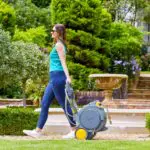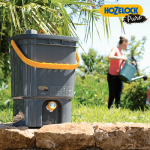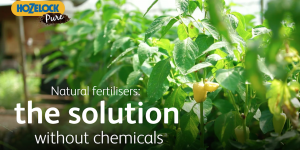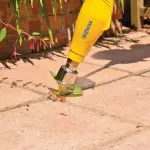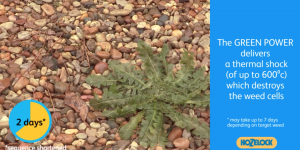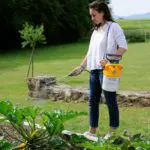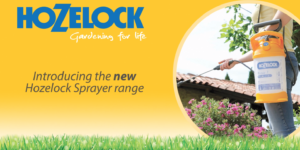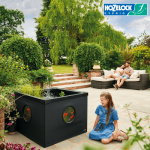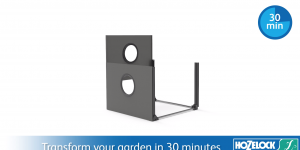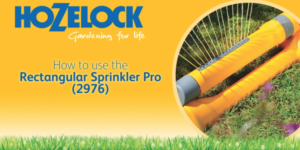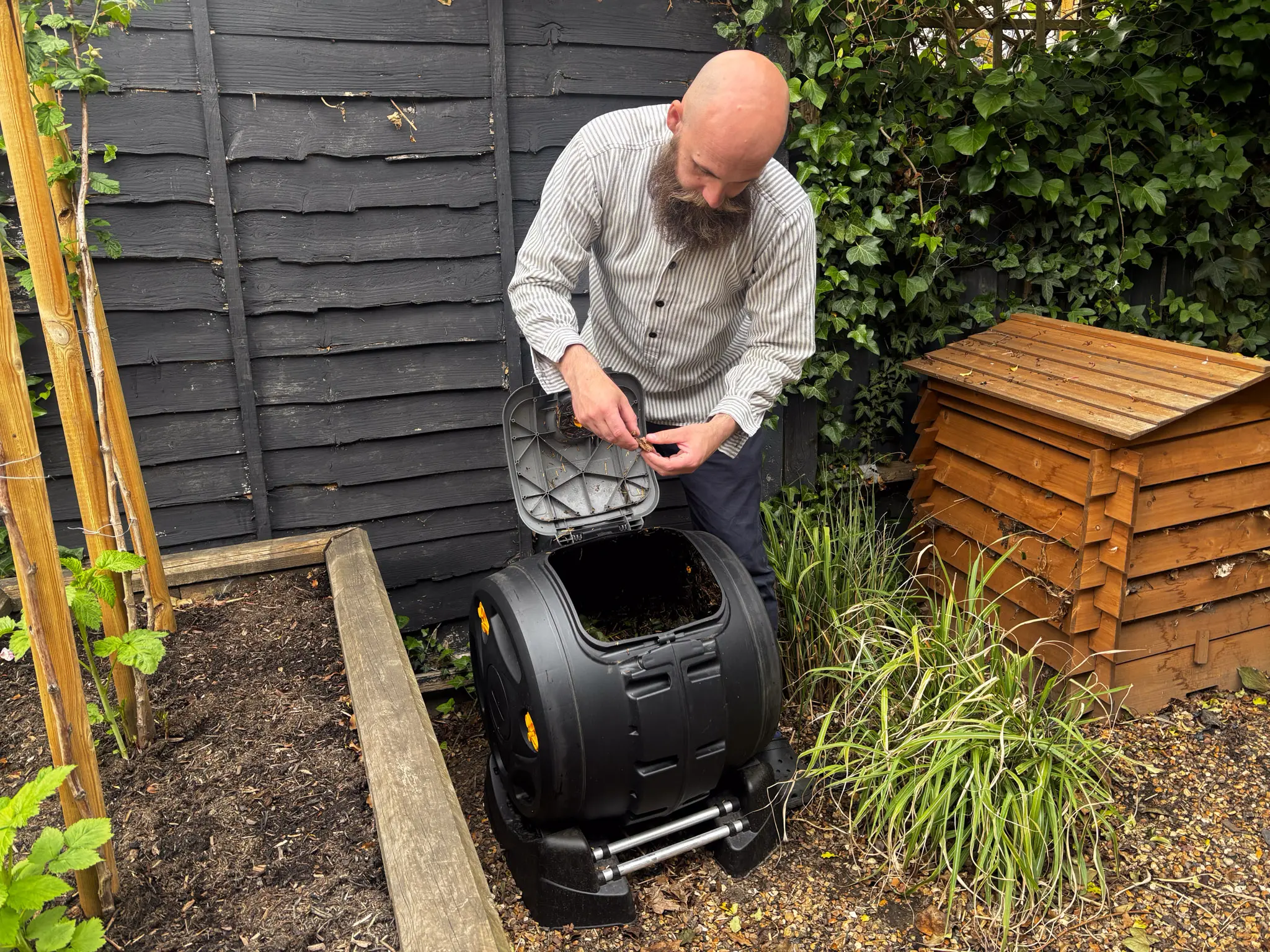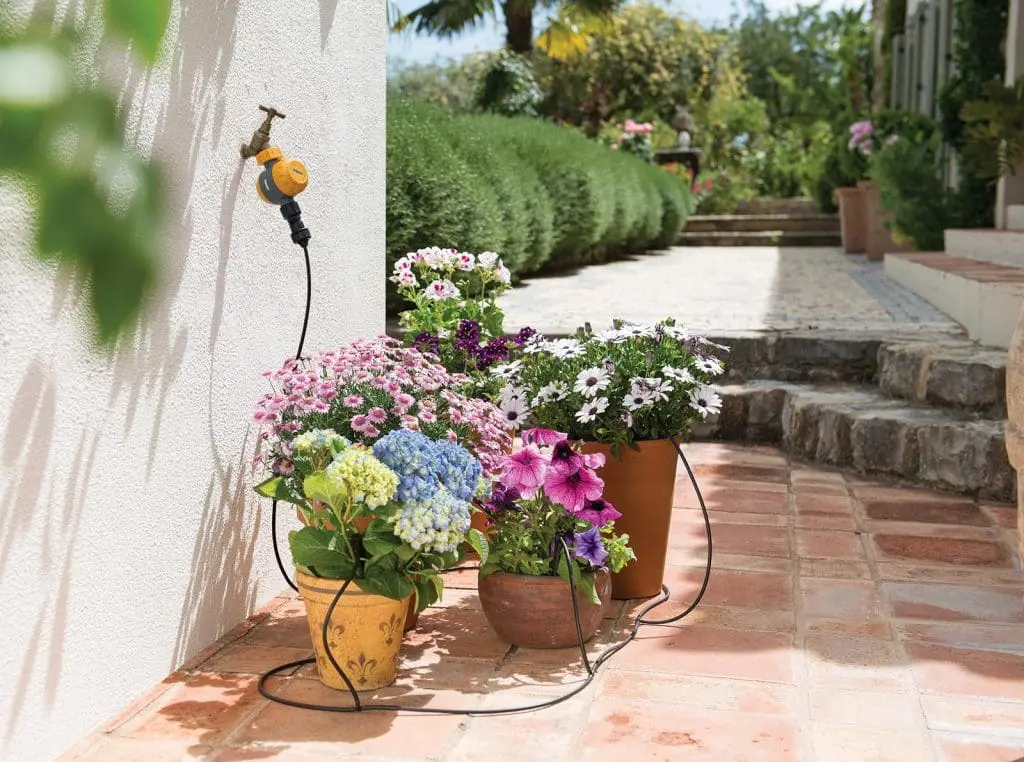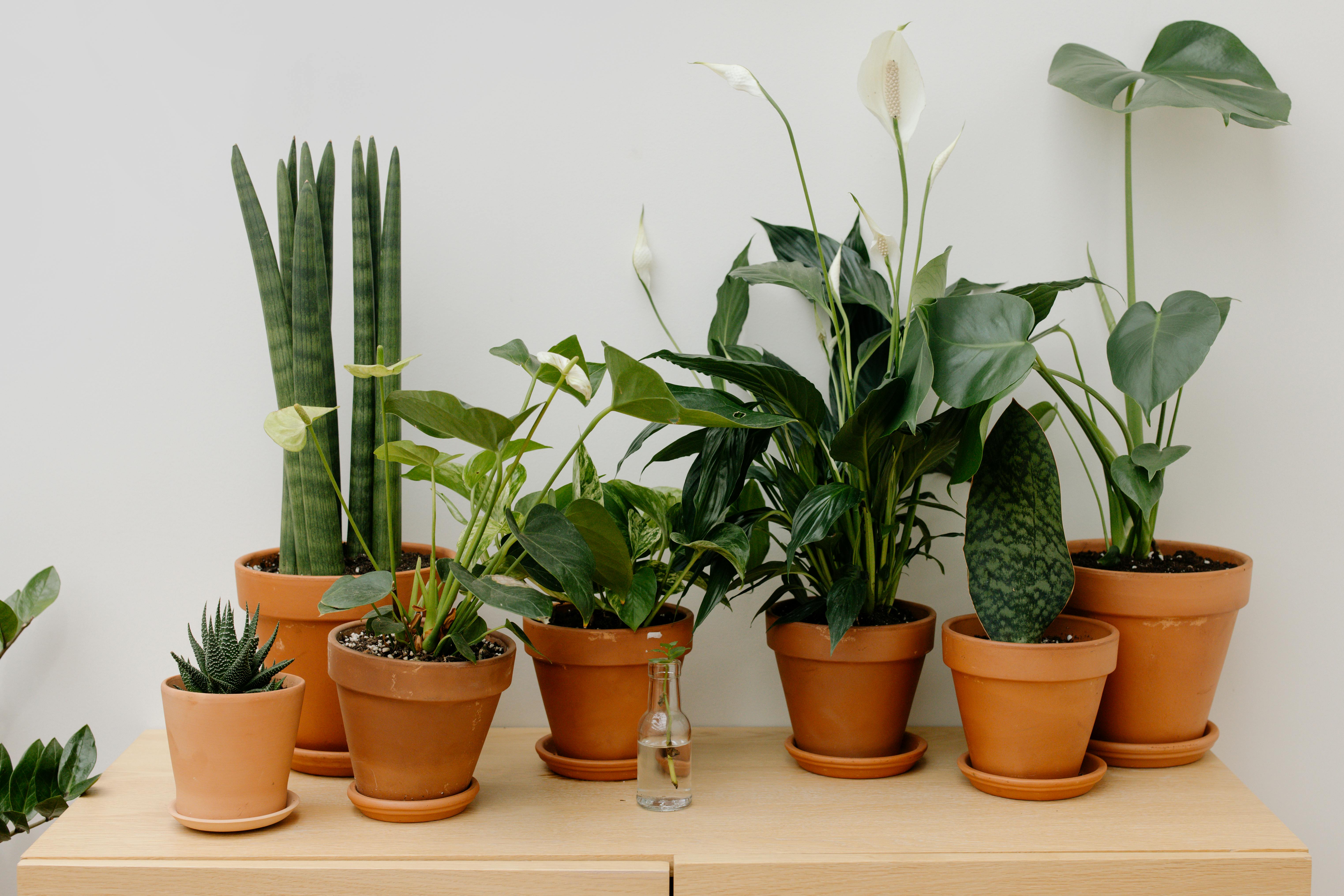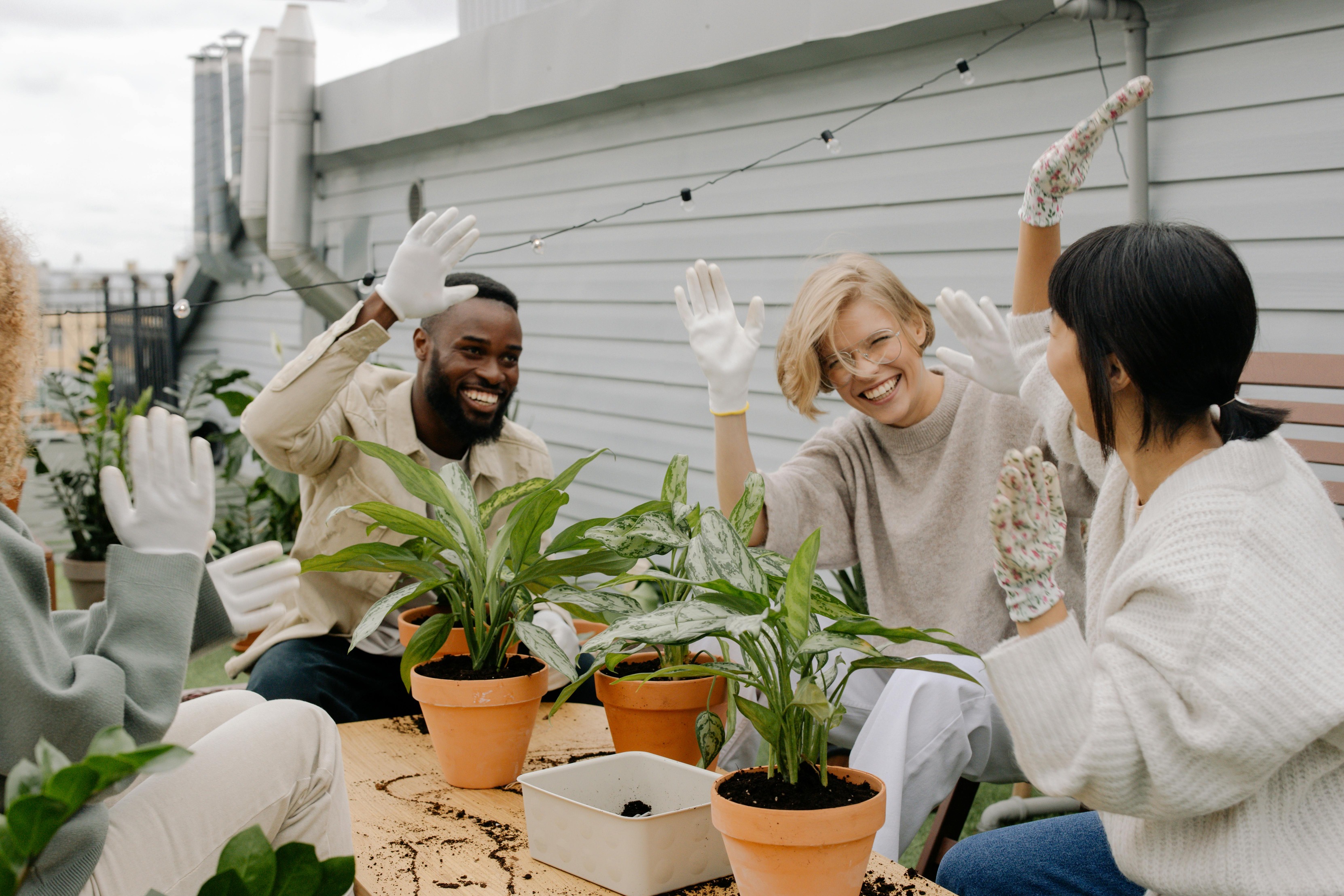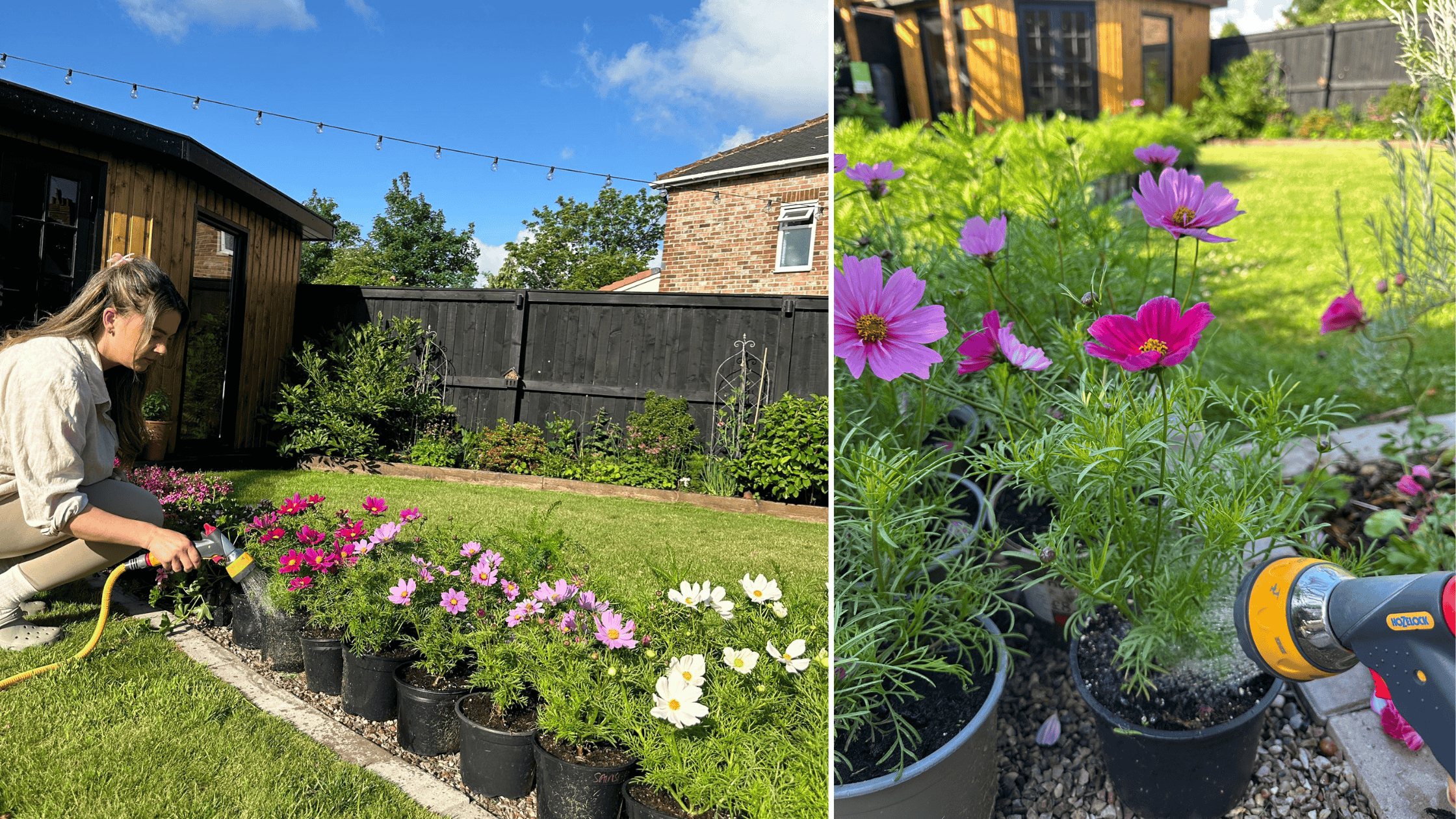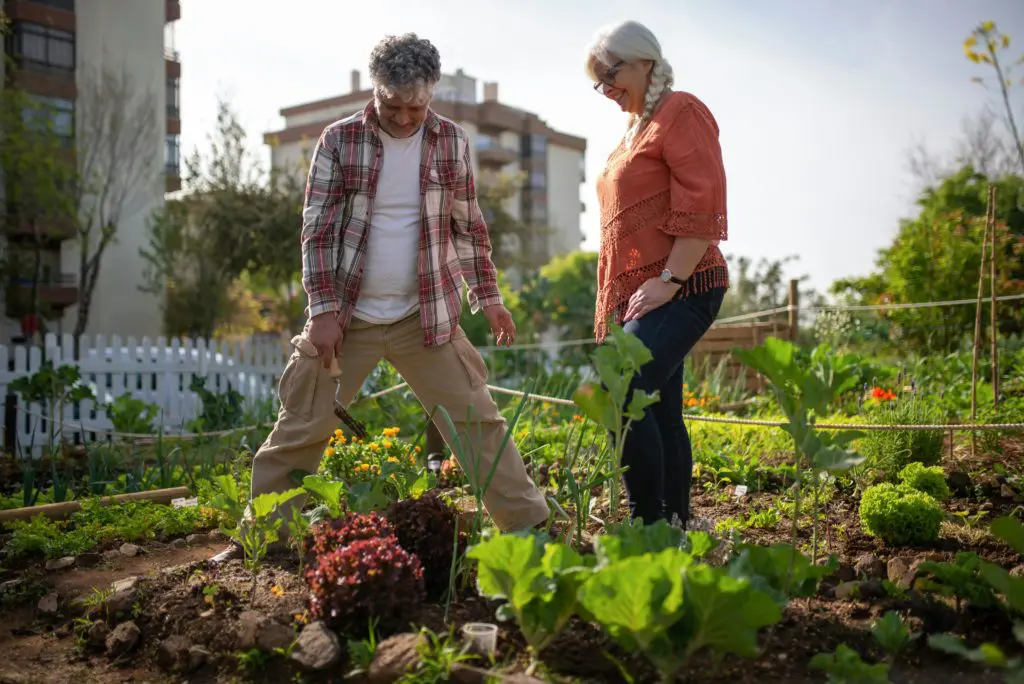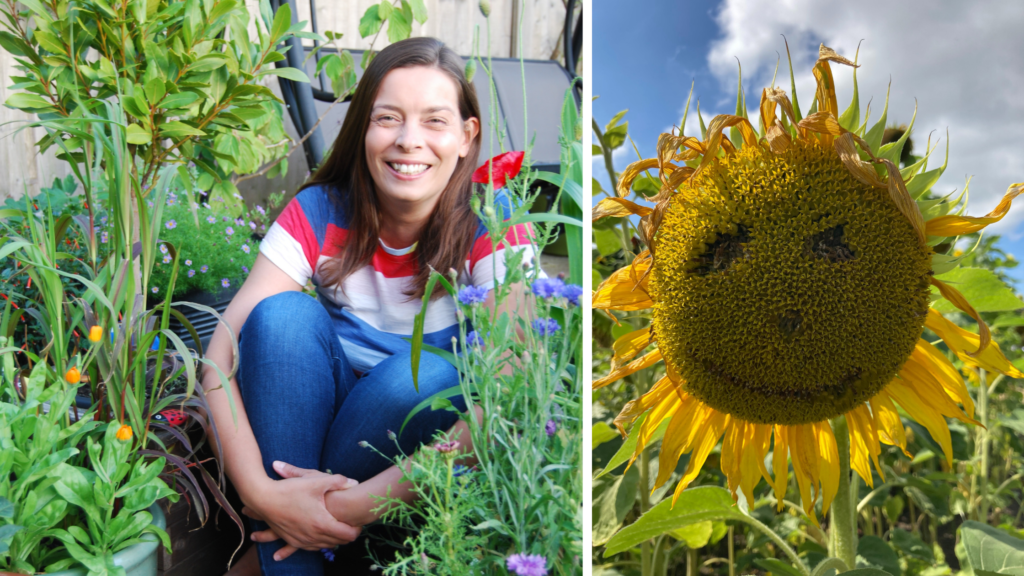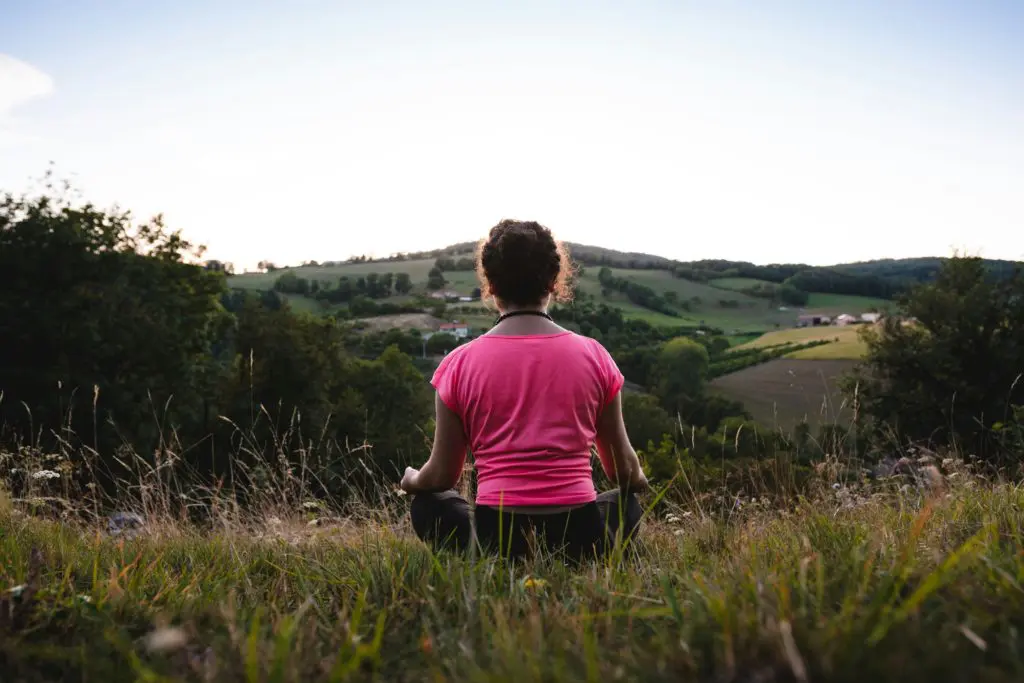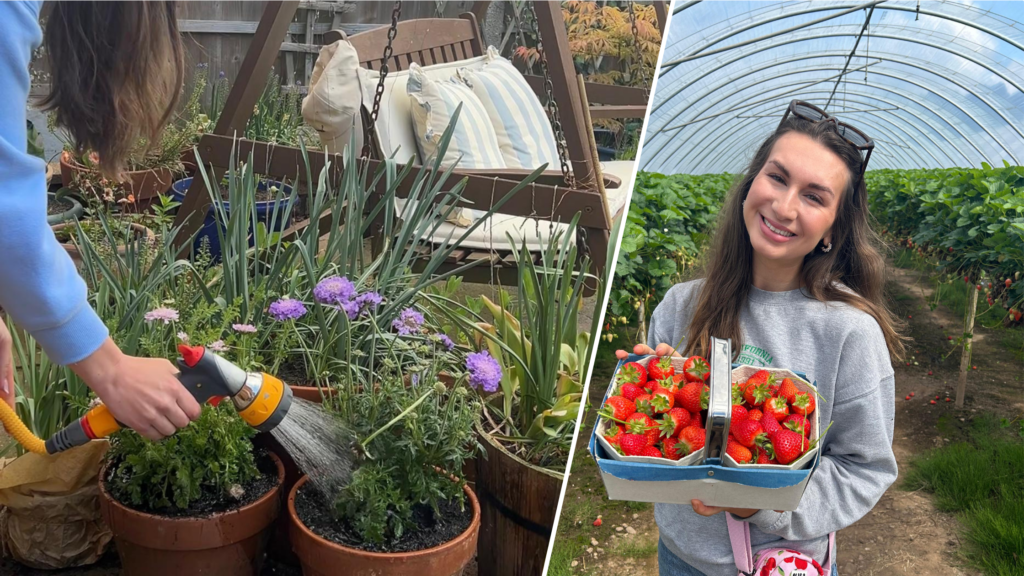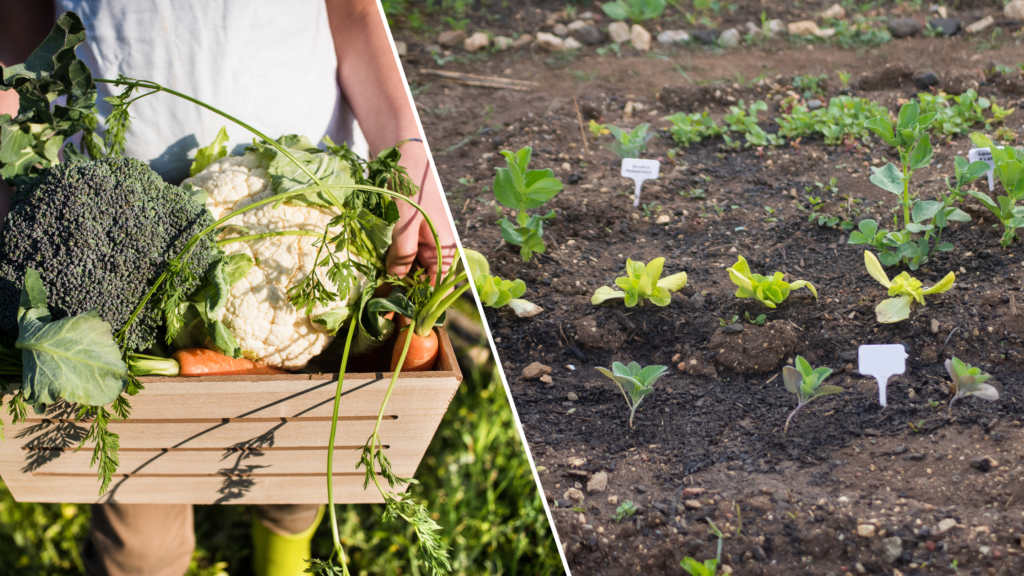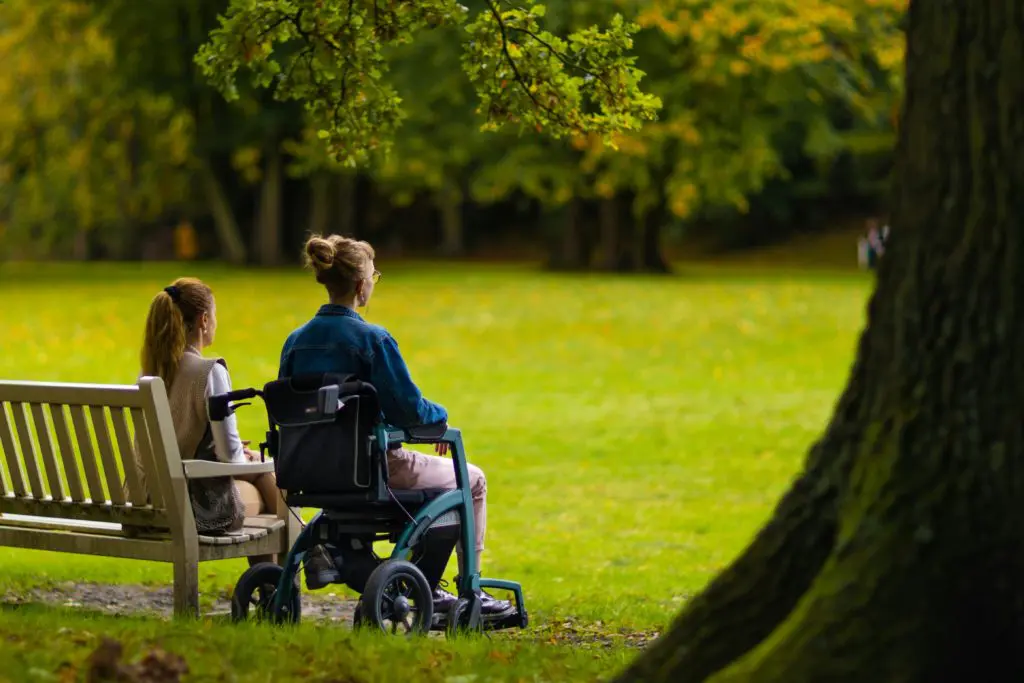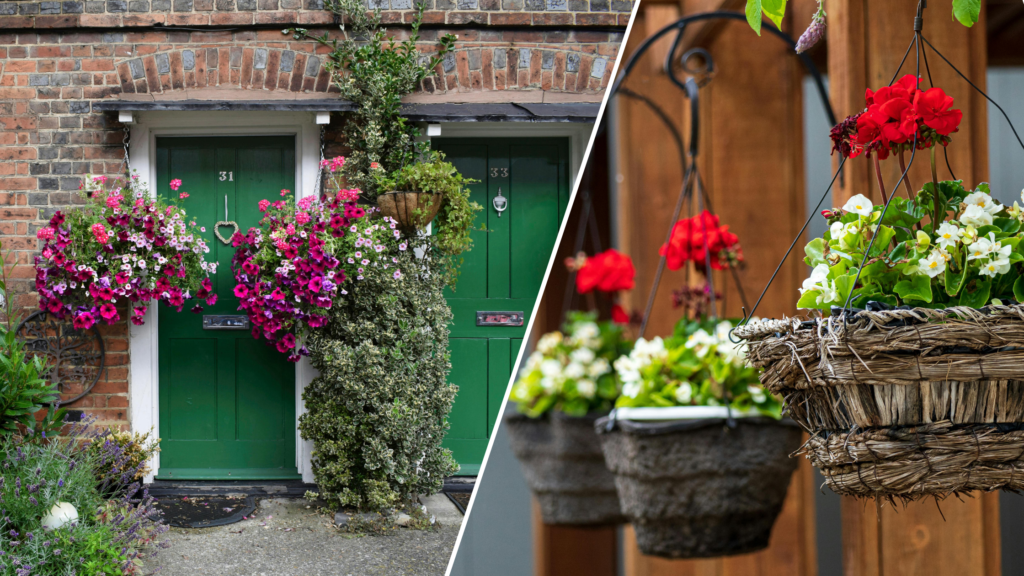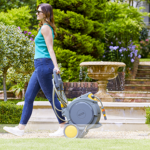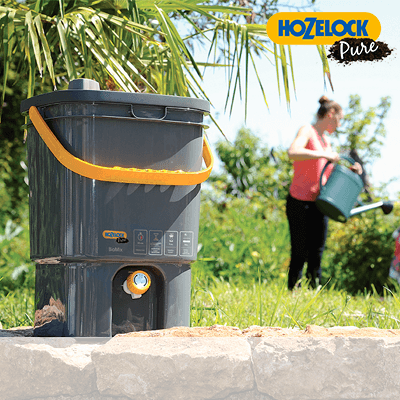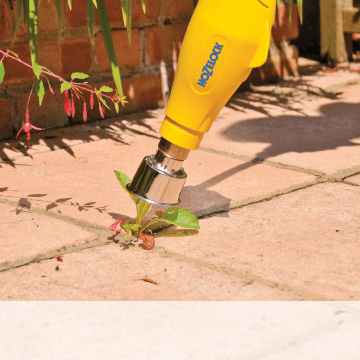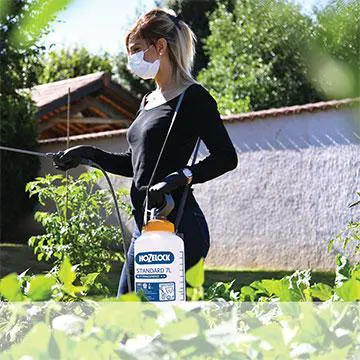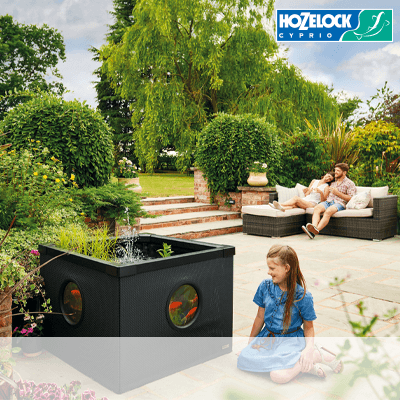If you’re struggling with low self-esteem, you’re not alone. Many of us go through times where we feel unsure of ourselves, question our abilities, or find it hard to believe in our own worth.
But what if something as simple as gardening could help?
Gardening is more than just a hobby – it’s a mindful, creative, and goal-oriented activity that can gently rebuild your confidence. From planting a tiny seed to watching it bloom, gardening offers a powerful sense of purpose and progress.
Whether you’ve got a small balcony or a sunny windowsill, gardening gives you the chance to nurture something – and, in the process, nurture yourself too.
Why Gardening Can Be Good for Mental Health
There’s growing evidence that spending time with plants and in green spaces can lift your mood. Gardening encourages mindfulness, physical movement, and connection with nature – all of which support mental wellbeing.
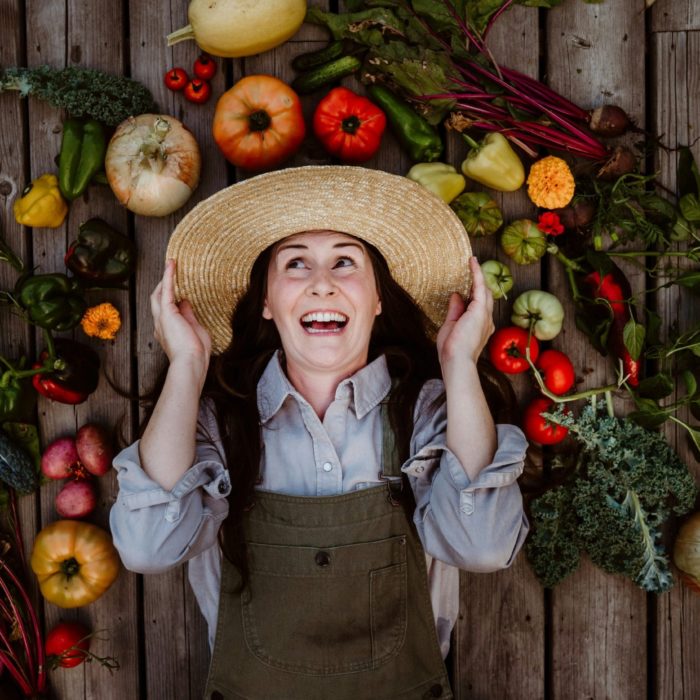
Here’s how gardening can support your self-esteem:
- It gives you a sense of achievement – You set a goal (e.g., grow a sunflower) and you complete it.
- It teaches patience and care – Plants grow at their own pace, which mirrors personal growth.
- It connects you to something bigger – Whether you’re growing herbs or flowers, gardening taps into the cycle of life and seasons.
- It offers physical rewards – Even just 30 minutes of gardening a week has been shown to improve mood and reduce stress.
You don’t need a big garden, fancy tools, or lots of experience to benefit. Starting small is key.
Start with Simple Gardening Projects
Small, manageable projects can give you a clear sense of direction and instant satisfaction. They’re also perfect for beginners who want to build confidence gradually.
Here are some ideas to try:
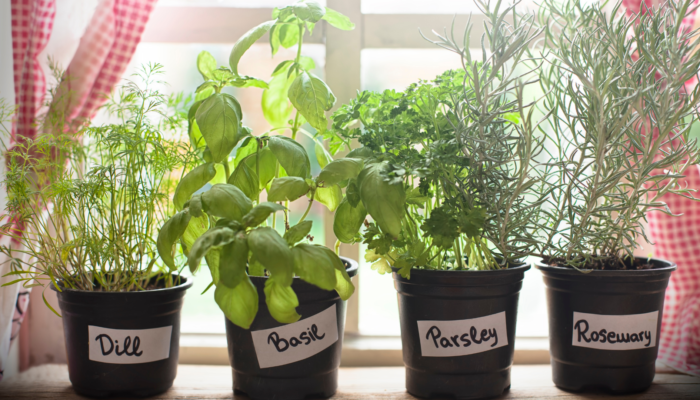
Windowsill Herb Garden
Grow herbs like basil, parsley, or mint in small pots. They’re low-maintenance and add fresh flavour to your meals – giving you daily reminders of your success.
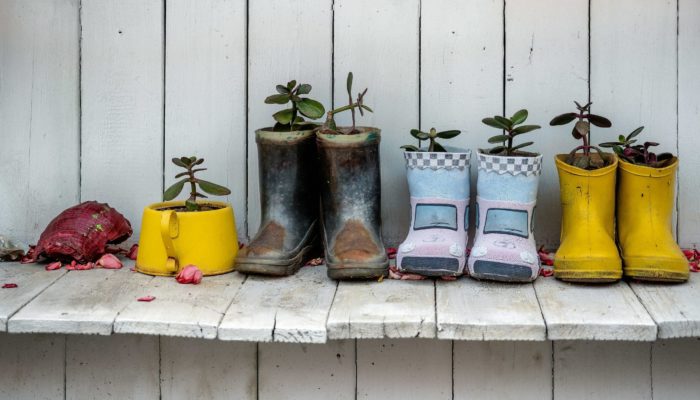
Upcycled Container Garden
Got old jars, tins, or even unused shoes? Repurpose them into quirky plant containers. It’s a creative and sustainable way to garden.
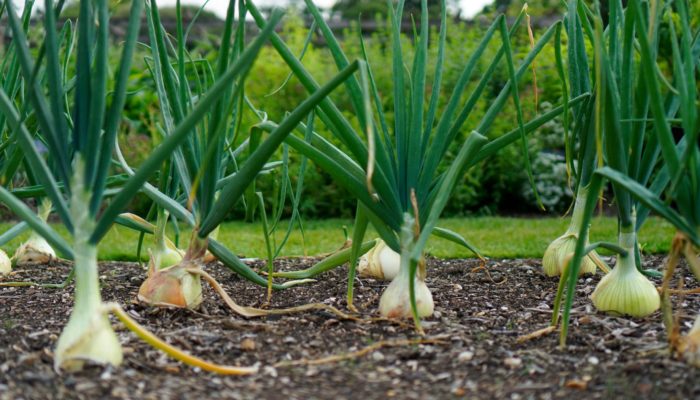
Grow Your Own Salad
Lettuce, radishes, and spring onions are quick, satisfying, and easy to grow in containers. You’ll enjoy the delicious results of your labour in just a few weeks.

Flowers for Pollinators
Planting nectar-rich flowers such as lavender, cosmos, or marigolds doesn’t just look good – it helps bees and butterflies too. Supporting wildlife can give your efforts a greater sense of purpose.
Easy Plants to Boost Your Confidence
The best way to stay motivated in gardening is to see results. That’s why starting with low-effort, high-reward plants is a great idea. Here are some of the most beginner-friendly options:
Sunflowers
These iconic flowers grow quickly and can reach impressive heights – a visual reminder of how far you’ve come.
How to grow:
- Sow seeds directly into the ground or pots in spring.
- Keep the soil moist and place them in a sunny spot.
- Watch them reach for the sky!
Sunflowers
Lavender
Not only beautiful and fragrant, but also known for its calming, anxiety-reducing scent.
How to grow:
- Prefers a sunny spot and well-drained soil.
- Water sparingly.
- Snip and dry the flowers to enjoy indoors too.
Lavender
Radishes
One of the fastest-growing veggies – often ready in just 3–4 weeks.
How to grow:
- Sow in loose soil about 1cm deep.
- Water consistently.
- Harvest within a month for a crunchy, homegrown treat.
Radishes
Cherry Tomatoes
Tasty, colourful, and ideal for pots or hanging baskets.
How to grow:
- Plant in a sunny space and water regularly.
- Use canes or supports as they grow.
- Harvest ripe fruit straight from the plant!
Cherry Tomatoes
Watching these plants grow over time helps reinforce that your efforts are worth it – and so are you.
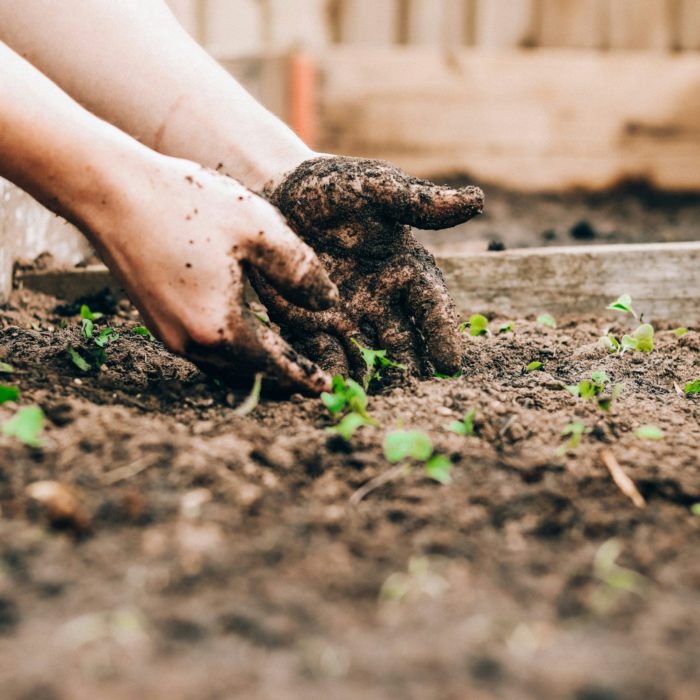
Gardening as Self-Care
Gardening isn’t just a way to pass the time – it can become a valuable part of your self-care routine.
Being in a garden (or just near plants) encourages you to slow down, breathe deeply, and focus on the present moment. Digging, planting, or watering can act as moving meditation – helping quiet anxious thoughts and reduce negative self-talk.
Here’s why it works:
- Releases endorphins: Physical activity, even light movement, helps release feel-good hormones.
- Reduces cortisol: Time spent in nature has been shown to lower stress hormone levels.
- Builds a positive routine: Tending to plants adds structure and predictability to your day.
Just 30 Minutes a Week Can Make a Big Difference
You don’t need to be outside every day or spend hours gardening to feel the benefits. Research shows that as little as 30 minutes a week in a green space can significantly improve your mood, reduce stress, and boost your overall sense of wellbeing.
Some ways to fit gardening into your routine:
- Water your plants while listening to music or a podcast.
- Take a tea break in your garden or near your houseplants.
- Set a small goal each week – like repotting a plant or sowing seeds.
Even short bursts of gardening give your mind a break, and a chance to shift focus from worries to something grounding and positive.
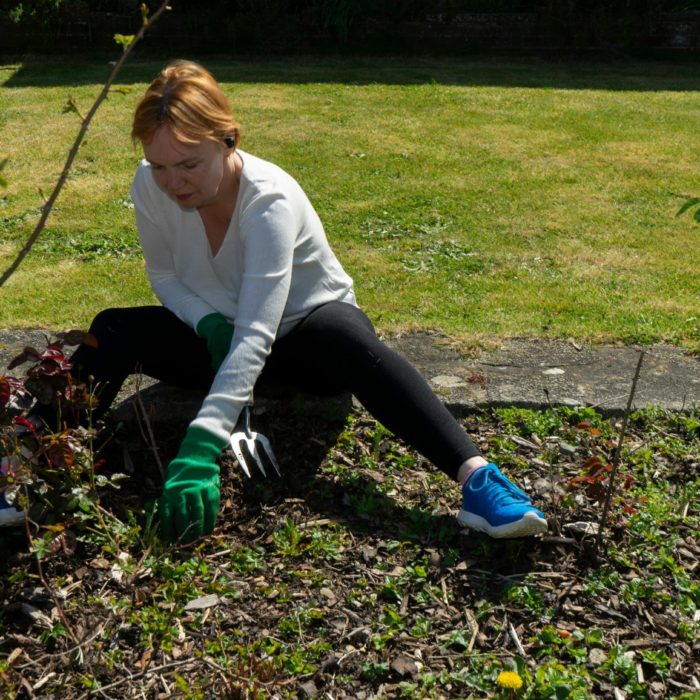
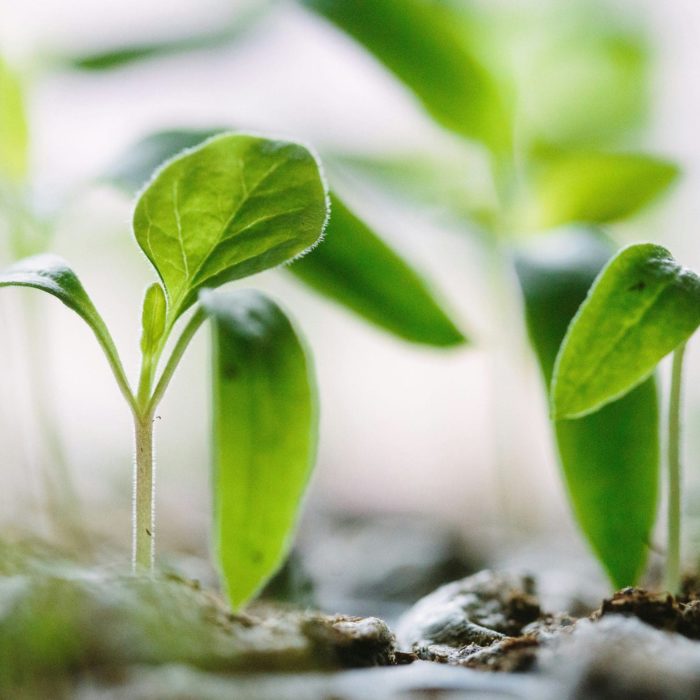
Gardening Builds Life Skills (and Confidence)
One of the most powerful things gardening teaches is that growth takes time – but it happens. That lesson alone can be deeply healing if you’re struggling with low self-esteem.
Other personal growth benefits include:
- Problem-Solving – How do I protect this plant from pests? How much sunlight does it need? These questions spark curiosity and self-learning.
- Patience – Plants don’t grow overnight. Learning to wait and care for them can help you develop more patience with yourself.
- Resilience – Not everything will go perfectly, but each setback is a learning opportunity. Missed a watering day? That’s okay – you’ll try again.
- Goal-Setting – Growing a plant from seed, harvesting vegetables, or simply keeping a houseplant alive becomes a meaningful and achievable goal.
Let Gardening Be a Mirror for Your Own Growth
When you start with a seed, you don’t always know exactly how it will turn out – but you trust the process. The same can be said for confidence. It may take time, care, and a few mistakes along the way, but growth is always possible.
Start with just one plant. Let it be your reminder that you’re capable of nurturing life – and that you’re worth the time, energy, and kindness it takes to grow.
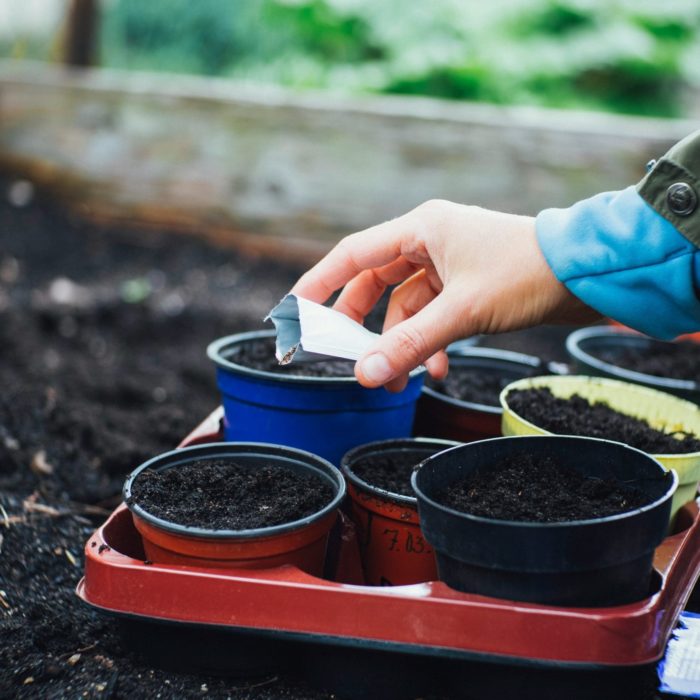
Final Thought: Grow Your Self-Esteem, One Plant at a Time
If you’ve ever doubted your abilities or felt stuck, gardening offers a gentle, empowering way forward. It’s not just about flowers or vegetables – it’s about nurturing yourself, finding joy in the little things, and recognising your own potential.
So pick up a trowel, plant a seed, and start small. Watch what happens – in your garden, and in yourself.


